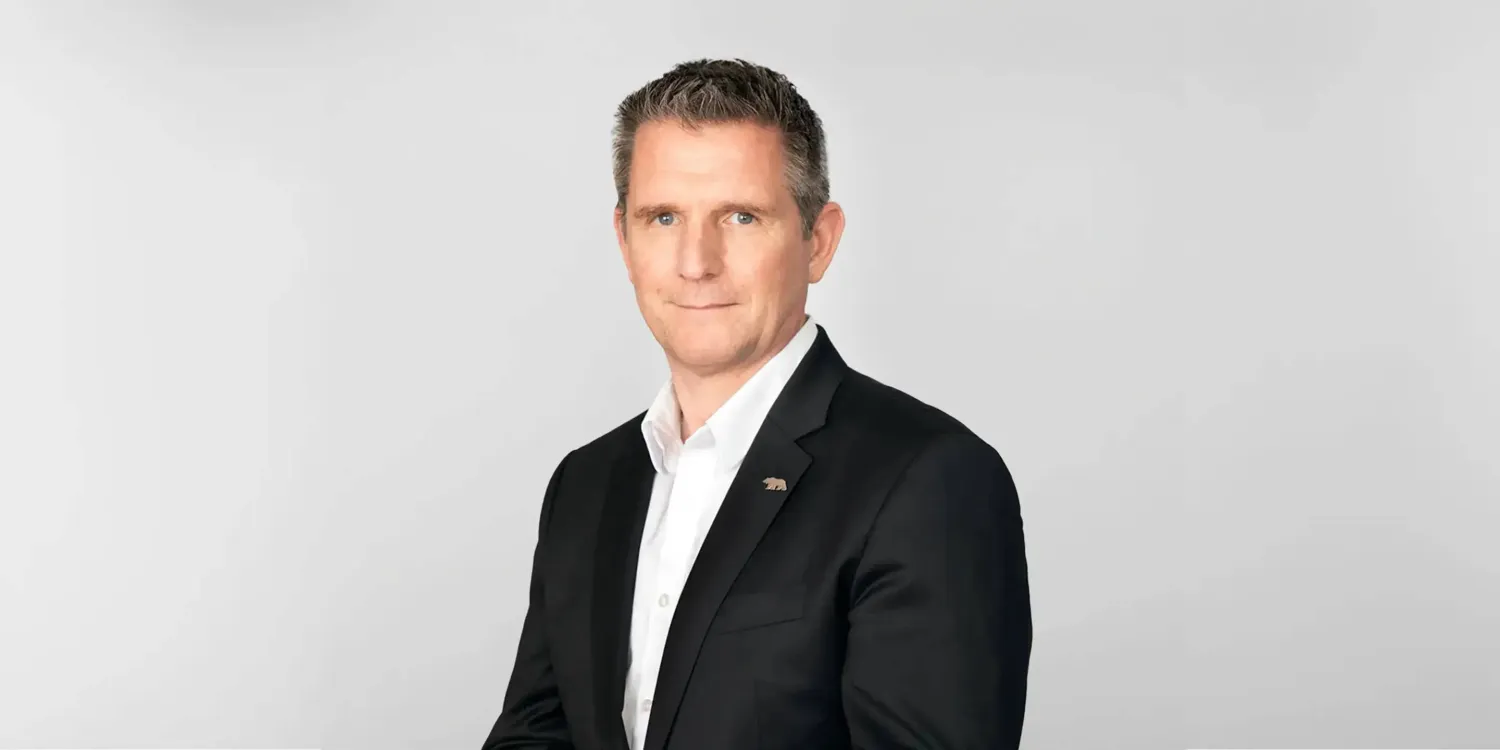Egypt's Cabinet approved granting a golden license to the Egyptian Natural Gas Company (GASCO) regarding a project to increase the capacity of the Western Desert Gas Complex with a fourth production line with a design capacity of 600 million cubic feet per day.
The Gasco project is expected to provide employment opportunities for about 2,500 workers with an investment cost of about $380 million.
It spans about 33 acres in the Industrial Nahda Zone in Amreya, Alexandria Governorate.
The project aims to increase the production of natural gas derivatives, meet the raw material needs of petrochemical factories, and ensure a steady supply of LPG to support local market demands.
Furthermore, the Cabinet approved a draft law authorizing the Minister of Petroleum and Mineral Resources, Tarek el-Molla, to sign a contract with the Egyptian General Petroleum Corporation (EGPC) and Lukoil Overseas Egypt.
The contract aims to search for, develop, and exploit oil in the West-East Esh el-Mallaha development area in the Eastern Desert to continue development operations and increase production rates.
The Cabinet also granted the golden license to private company EgyptSat Auto to build and operate a factory that will begin producing electric vehicles (EVs) by the end of 2024.
According to a statement on Wednesday, the factory will produce electric passenger cars, buses, motorcycles, and charging stations. It will be built on 50,000 square meters in the 10th of Ramadan City.
It's anticipated that the EgyptSat Auto project will provide 500 job opportunities.
The project aims to reduce imports, localize the industry, deepen local components, and seek to transfer and localize modern technology in the electric car manufacturing sector, thus minimizing environmental impacts and emissions.
In addition, the Cabinet approved a proposal from AMEA Power, a subsidiary of UAE's al-Nowais Investments (ANI), to implement additional projects in the renewable energy sector.
The projects include adding 1,000 megawatts to the Aswan solar energy project and implementing a 500-megawatt wind energy project in Ras Ghareb, according to a specific timetable for project execution and connection to the national grid.
In a separate statement, the Egyptian Cabinet announced that Egypt will build a tire factory with investments of €1 billion in the Suez Canal Economic Zone (SCZONE).
The government signed the contract to establish a Rolling Plus tire manufacturing factory, which will be located in the SCZONE.
The project will be implemented in three phases, each with a different production line and target market.
The first phase will cost €400-450m and produce 2.5 million automobile tires annually, 50 percent of which will be supplied to the local market.
The second phase will add light transport tires, producing 3.5 million tires annually, 40 percent of which will be for the local market, while the third will increase the production capacity to 7 million by adding the heavy transport tire industry.









